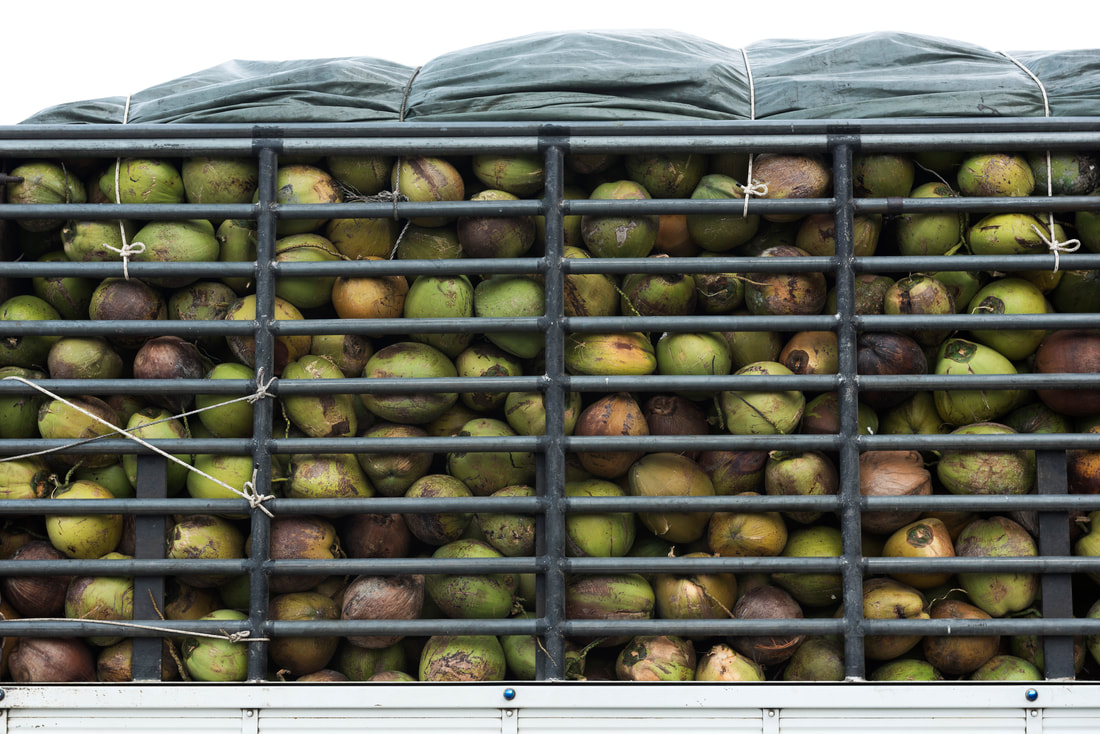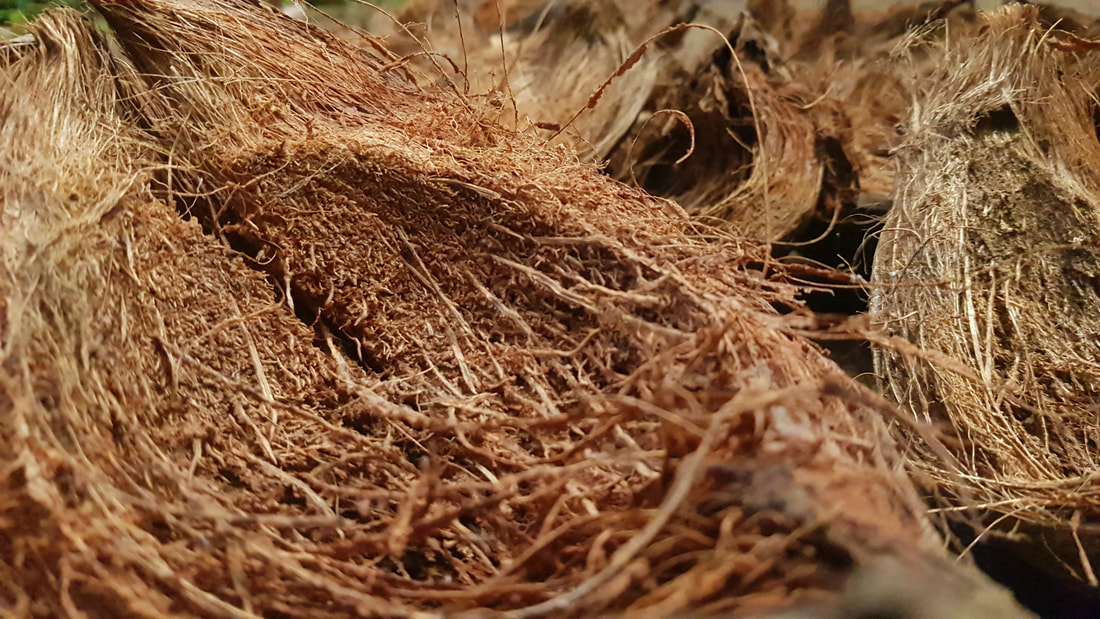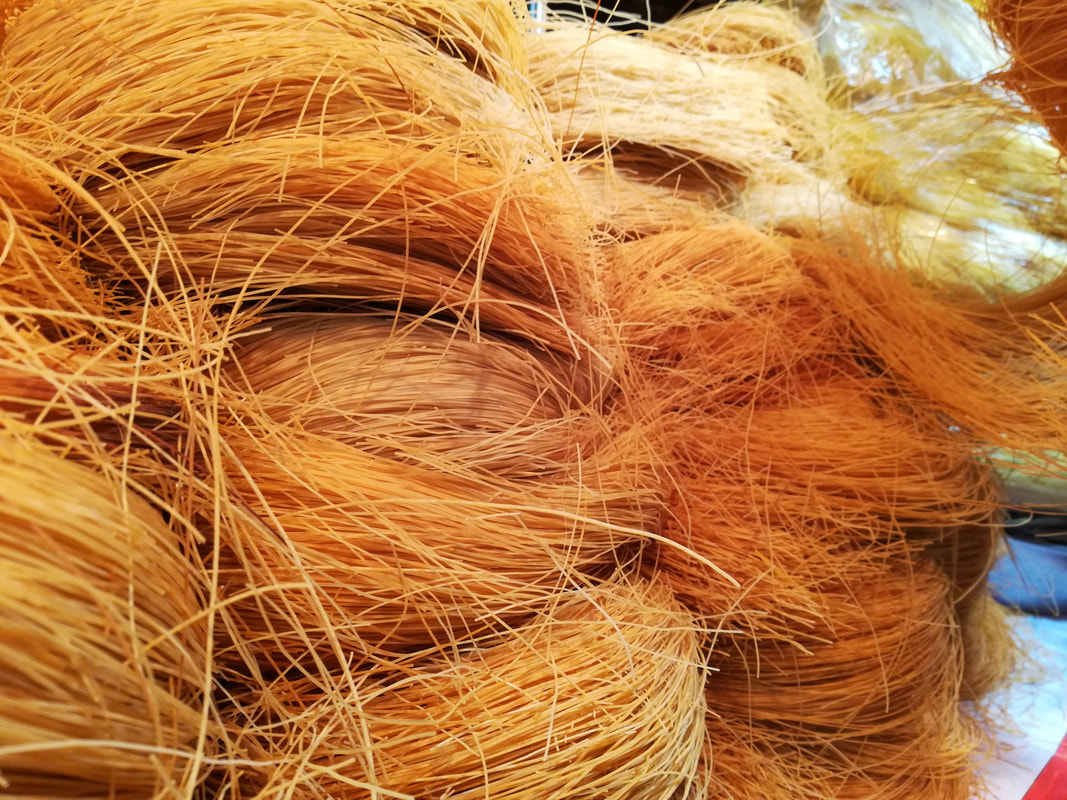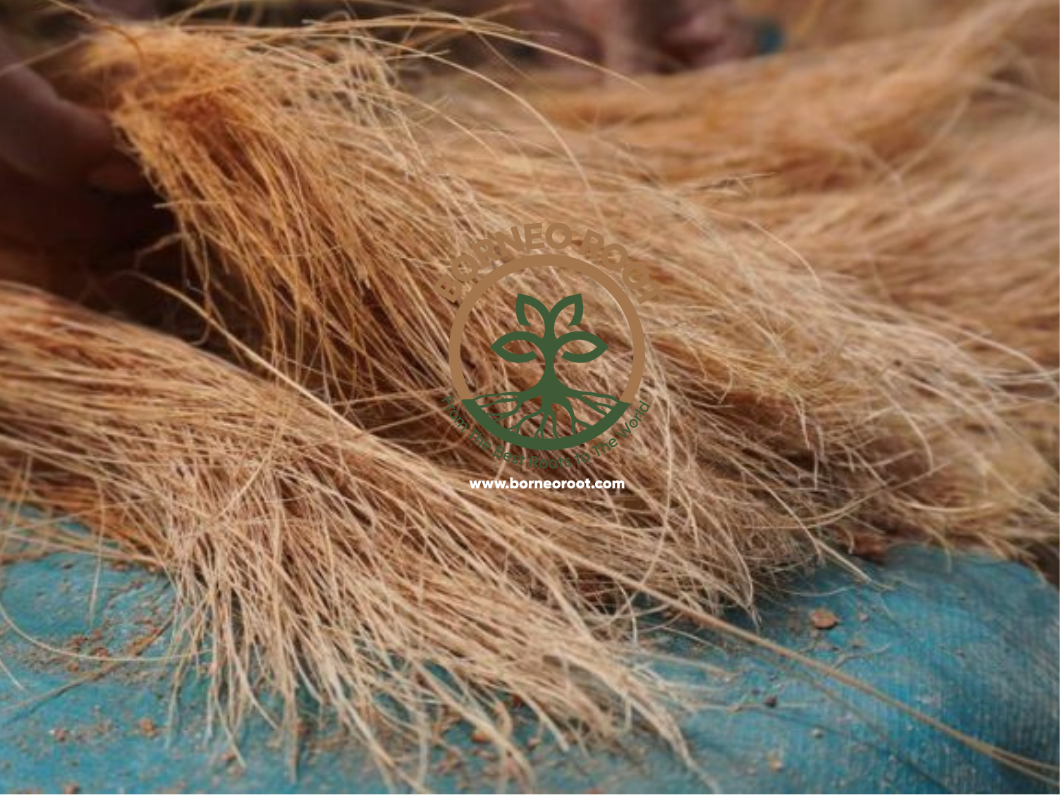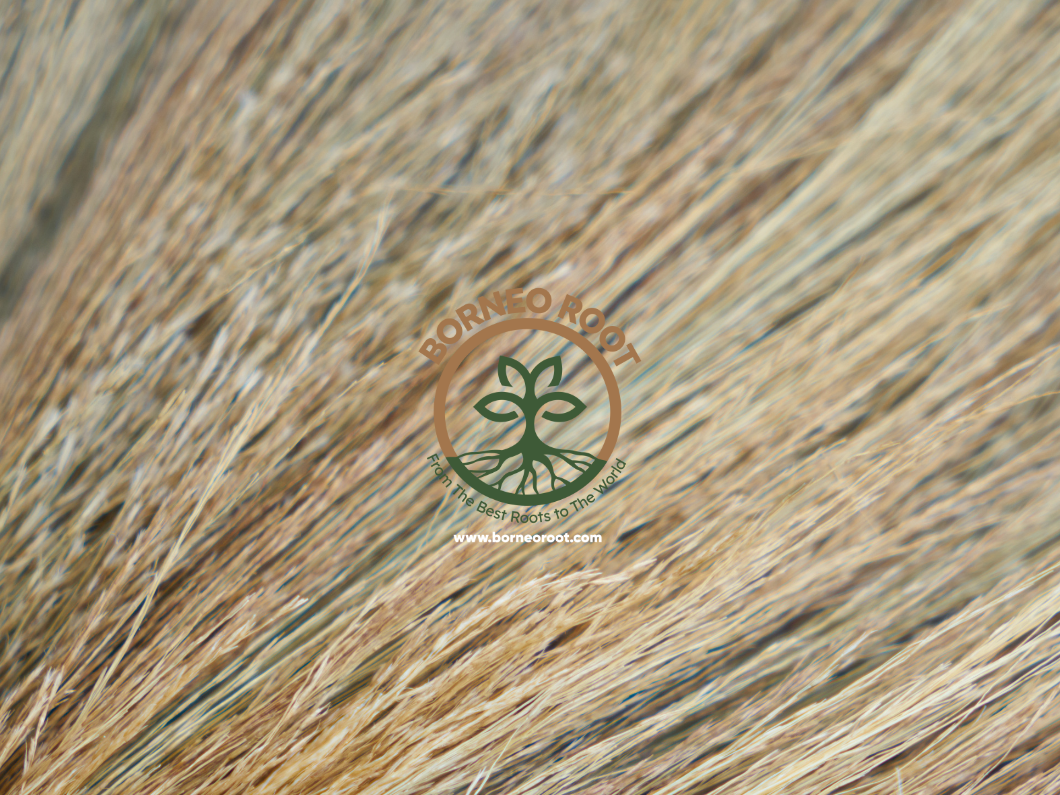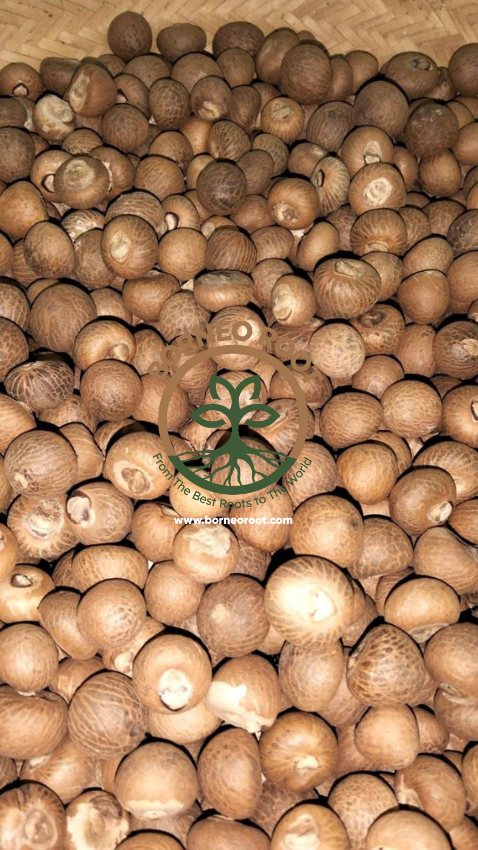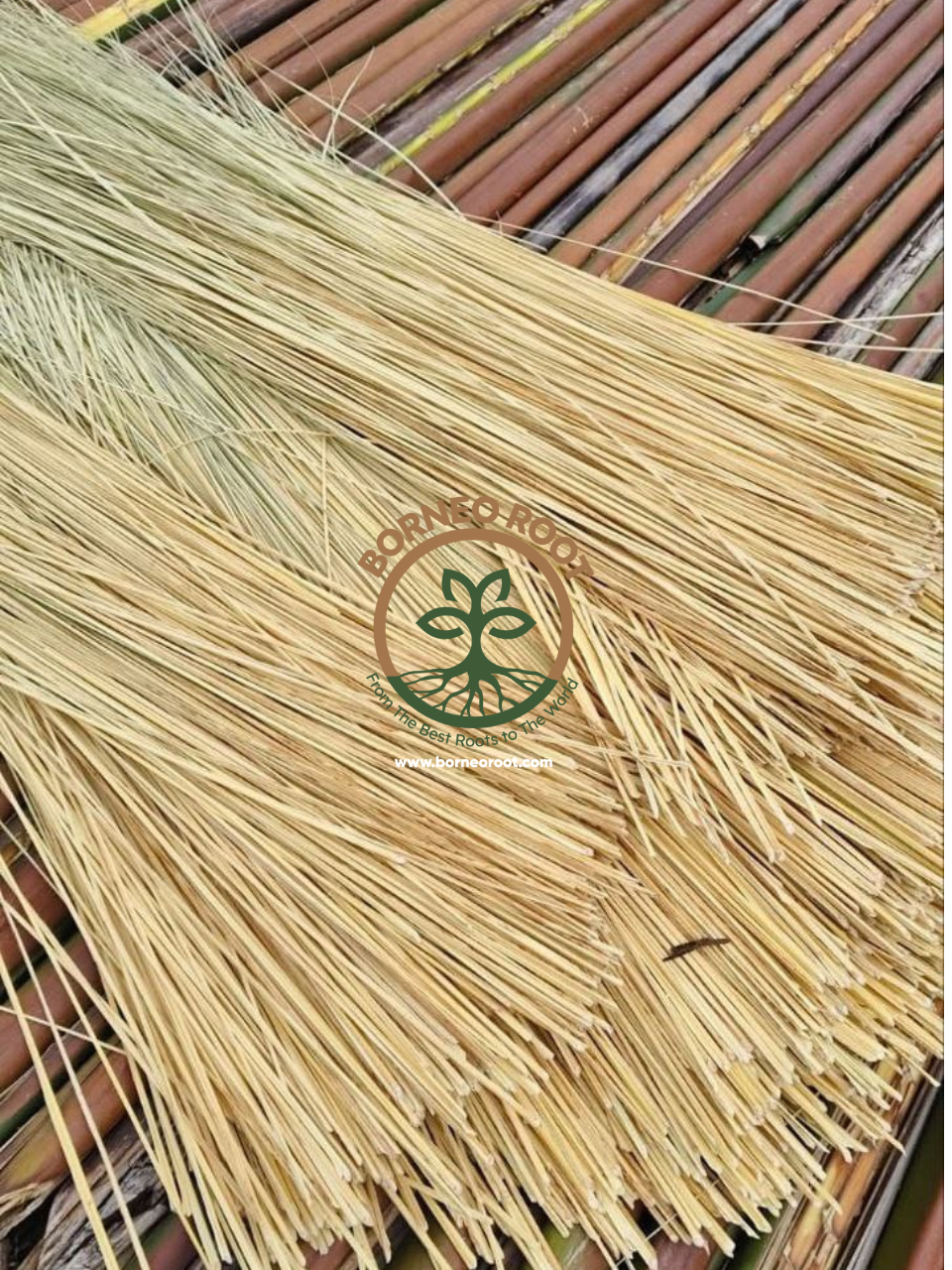why choose us?
Start from filtering the coir, we producing the finest coconut derivative products to bring you some of those highest value that the world has to offer.
FINEST FRUITSWe believe that to produce, even waste, starts from good quality seeds. Good seeds synergize with other quality factors will produce healthy plants and the best fruit.
|
find the finestTogether with the best team in sorting the best raw materials needed according to the best result specifications.
|
provide the benefitUtilizing derivative and waste into highly useful products, besides providing material benefits, also creates jobs and saves the earth from waste.
|
It is important to remember that we have several levels of products based on the quality of what you need. In addition, we also provide product levels based on custom requests, to the point of making certain brands including your exclusive designs.
our products
COCO PEAT
Cocopeat; known as coconut coir, coir pith, with HS code 53050090, is a multipurpose material for various agriculture needs. Cocopeat is the fine powdery, non-fibrous material found in coconut husks that is processed and used as a versatile, eco-friendly growing medium. It has a high absorption capacity and has the ability to store water longer than soil. Cocopeat also does not contain weed seeds because it is derived from coconut husks, so plants grown in cocopeat do not grow weeds. This makes cocopeat a more ideal planting medium than soil.
Cocopeat is not only used in the agricultural sector, but also in renewable energy. Its excellent absorptioncapacity has led renewable energy companies to choose cocopeat as an oil absorbent.
Cocopeat is not only used in the agricultural sector, but also in renewable energy. Its excellent absorptioncapacity has led renewable energy companies to choose cocopeat as an oil absorbent.
Key highlights of our cocopeat:
1. 100 % cocopeat
2. Powder / polybag / block 5 kg
3. Low EC (<0.65 mS/cm) / High EC (>0.7 mS/cm)
4. Moisture : < 20% / 30 - 40 %
5. pH : 5.5 - 6.8
6. Fiber : < 5 %
7. Compression : 1:1 / 2:1 / 5:1
8. Drying method : sun drying
9. Expansion : 70 - 80 liters
10. Size & weight : 25 - 30 kg / 28 - 30 kg / 30 x 30 x 12-15 cm
11. Certificate : Phytosanitary Certificate and Fumigation Certificate
12. MOQ : 1 x 20 ft. / 1x 40 ft. / 1 x 40 ft.
13. Supply ability : 100 - 250 mt/month
|
|
|
COCO FIBER
Coco fiber, or coconut fiber, with HS Code 53050090, is one of components of coconut fruit which found between the inner and outter layers of a coconut husk, which processed to create long, hair-like strands.
Its serves as a sustainable and versatile productsused for various purposes, including as a growing medium for plants, a component in hydroponics, filler for apholstery and matresses, and as a material for ropes, brushes, mats, etc.
Its serves as a sustainable and versatile productsused for various purposes, including as a growing medium for plants, a component in hydroponics, filler for apholstery and matresses, and as a material for ropes, brushes, mats, etc.
Key highlights of our coconut fiber:
1. Moisture : max. 15 %
2. Impurity : < 1 %
3. Colour : Natural colour
4. Length : 8 - 25 cm
5. Weight : 90 - 100 kg/bale
6. Measure : 110 x 75 x 45 cm
7. Certificate : Phytosanitary Certificate and Fumigation Certificate
8. MOQ : 1 x 40 ft.
9. Supply ability : 100 - 250 mt/month
Key highlights of our coconut fiber:
1. Moisture : max. 15 %
2. Impurity : < 1 %
3. Colour : Natural colour
4. Length : 8 - 25 cm
5. Weight : 90 - 100 kg/bale
6. Measure : 110 x 75 x 45 cm
7. Certificate : Phytosanitary Certificate and Fumigation Certificate
8. MOQ : 1 x 40 ft.
9. Supply ability : 100 - 250 mt/month
coco bristle
Coco bristle, with HS Code 53050090, is a natural fiber that resembling hair in form which derived from the outer husk of coconuts. It is tough, stiff, abrasive, making it durable for cleaning. It used to various cleaning tools, such as brooms, brushes, and other household utensils.
Key highlights of our coconut bristle:
1. Moisture : 15 - 20 %
2. Impurity : < 5 %
3. Colour : Natural brown
4. Length : 22 - 30 cm
5. Weight : 90 - 100 kg/bale (customize)
6. Certificate : Phytosanitary Certificate and Fumigation Certificate
7. MOQ : 1 x 20 ft.
8. Supply ability : 50 mt/month
areca NUT / betel NUT / PINANG NUT / SUPARI
Areca nut, with HS Code 08028000, (Areca Catechu L.) is seeds from the areca palm tree. Areca nut is often known as betel nut, pinang nut, or supari. Areca nut is known to have many benefits, ranging from traditional medicine, the cosmetics and textile industry to being a symbol of love in wedding ceremonies.
Indonesia is a major global producer of betel nuts, which are widely used for chewing with betel leaves in traditional practices called nginang, as well as for animal feed, medical purposes, and industrial uses like dyes. Areca nuts are found in abundance in Indonesia, especially Kalimantan, Sumatra, Sulawesi, dan Papua.
Indonesia is a major global producer of betel nuts, which are widely used for chewing with betel leaves in traditional practices called nginang, as well as for animal feed, medical purposes, and industrial uses like dyes. Areca nuts are found in abundance in Indonesia, especially Kalimantan, Sumatra, Sulawesi, dan Papua.
Key highlights of our betel nut:
Color : Natural brown
Type : Whole & split
Quality : 90/95, 80/85
Moisture : Max 5%
Spesification : Fungus free & dust-free
Impurity : 1%
Certificate : Phytosanitary Certificate and Fumigation Certificate
Packaging : Gunny bag/PP bag
Incoterm : FOB/CFR/CIF
Loading Port : Indonesia
MOQ : 20 feet (@18-20mt) /
40 feet (@28mt)
Nipa Broomstick
Nipah broomstick, with HS Code 96031000, a durable and versatile cleaning tool made from the sturdy, renewable leaves of the nipa palm, a plant found in Southeast Asia, including Indonesia. Nipa broomsticks are resistant to crushing and moisture, making them effective for both indoor and outdoor use. They are biodegradable and offer a sustainable choice over plastic cleaning products.
Our nipa brooms are handmade, emphasizing quality and the preservation of traditional knowledge passed down through generations. The production of nipa broomsticks supports local artisans and community-based economies, especially in countries like Indonesia.
Our nipa brooms are handmade, emphasizing quality and the preservation of traditional knowledge passed down through generations. The production of nipa broomsticks supports local artisans and community-based economies, especially in countries like Indonesia.
Key highlights of our nipah broomstick:
1. Width : 35 - 60 %
2. Length : 90 - 120 cm
3. Colour : Yellowish greenish
4. Texture : Supple and pliable
5. Condition : Well dried
6. Certificate : Phytosanitary Certificate and Fumigation Certificate
7. MOQ : 1 x 40 feet (@25 mt)
8. Supply ability : 100 mt/month

